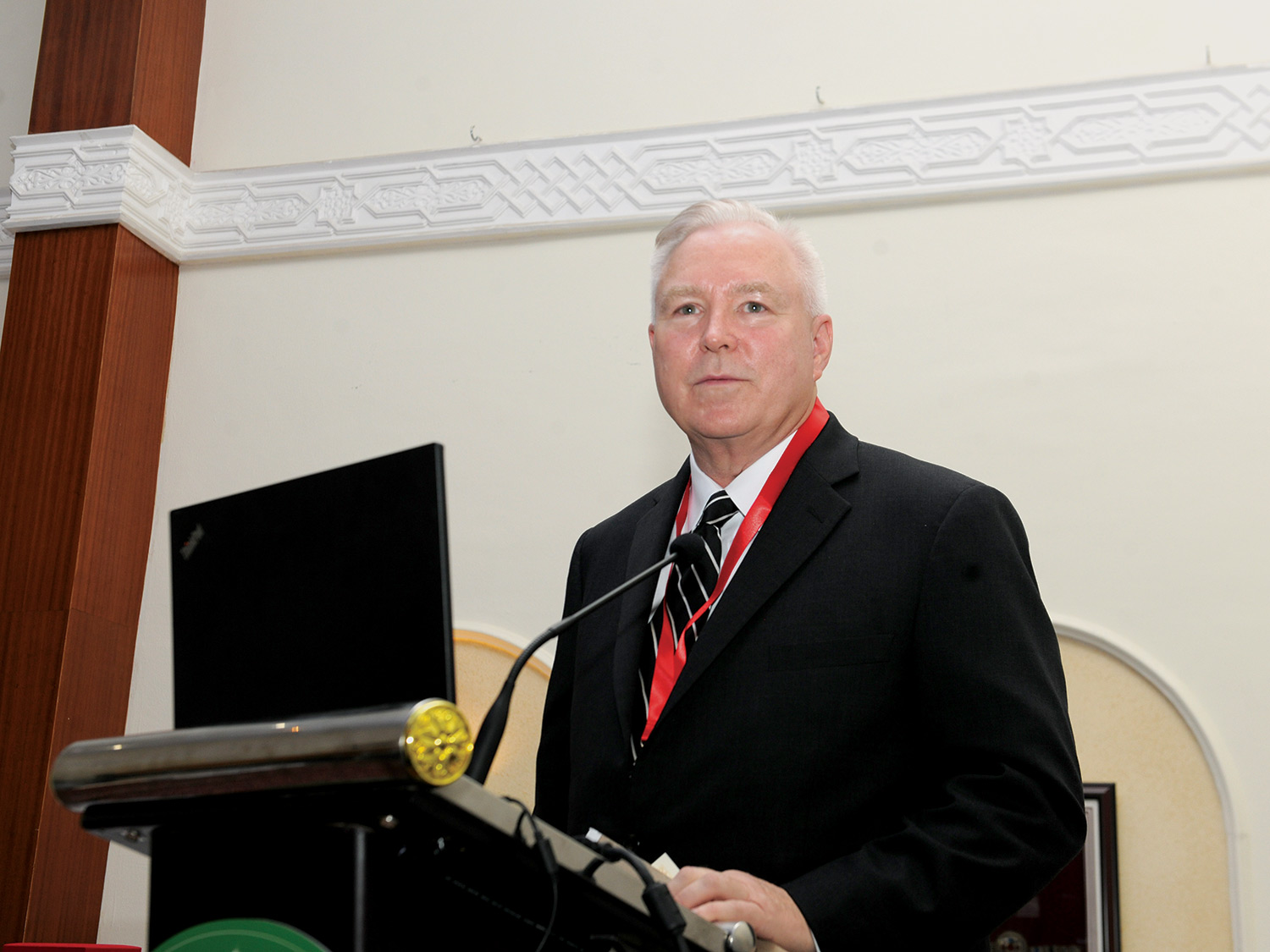

By Lakshmi Kothaneth — MUSCAT: Jan 15 - The Ministry of Health is collaborating with a US-based institute to provide more specialised services to autistic children. The tie-up with the National Autism Center of May Institute, Boston, US, is aimed at the development of children with autism spectrum disorder and other neuro-development disorders. “The first step is to improve the skills of child psychiatrists and psychologists in diagnosing behavioural skills and strategies,” said Dr Ameira Abdul Mohsin Raidan, Head of Mental Health, Department of Non-communicable diseases, Ministry of Health.
Besides, counselling rehabilitation services would be offered to parents. “Our efforts in helping the children fail when the children reach home. That is why it is important to involve the parents,” said Dr Ameira, talking about the services offered to them. Dr Ralph Sperry, Chief Executive Officer of National Autism Center, May Institute, has met the ministers of health, education and social development. “We are working together to develop effective services. The exact cause of autism is not known. We believe it is something genetic triggered by something in the environment. It’s not caused by anything parents do. So no parents should feel they have caused autism in their children,” Dr Ralph Sperry told the Observer on the sidelines of two workshops organised by the Ministry of Health along with the May Institute.
One workshop was organised for psychiatrists and psychologists, and social workers, and another for parents with autistic children. “Currently, the Ministry of Health is screening all young children who are getting vaccinated to determine if they are at risk for autism. That is why the ‘Pink Card’ is more important now,” said Dr Ameira. If they are at risk, they would be tested using a special diagnostic psychological test, the training for which was conducted for paediatricians and other professionals by the May Institute experts.
The next step is to develop scientifically based interventions that will help improve the lives of autistic children. Children with autism should have intervention soon after one and a half years or two years through a specialised technique called behavioural analysis. “Part of our work is to train anyone working with autistic children. It is important to recognise the needs of parents. Some therapies are not scientifically proven. There is no evidence yet that diet helps a vast majority of children with autism just as there is no evidence that vaccinations cause autism,” said Dr Ralph. “We do know the educational method (Applied Behavioural Analysis) has proved successful in addressing a major issue in autistic children and that is communication problems,” he said.
Autistic children do not communicate or communicate very poorly, said experts. “It is essential that the children develop effective communication skills and once they do, the other issues diminish. May Institute will come up with plans that can be put in place quickly. One of those plans will be to provide training for parents with autistic children,” said Dr Ralph. “Children with autism are not going to be like typical children, but they can improve significantly that they can have good social relationships, friends, secure jobs, work in the community and lead quality lives. But it requires specialised treatment and that is where we hope we can contribute by training professionals who deal with children,” added Dr Ralph.
Oman Observer is now on the WhatsApp channel. Click here



